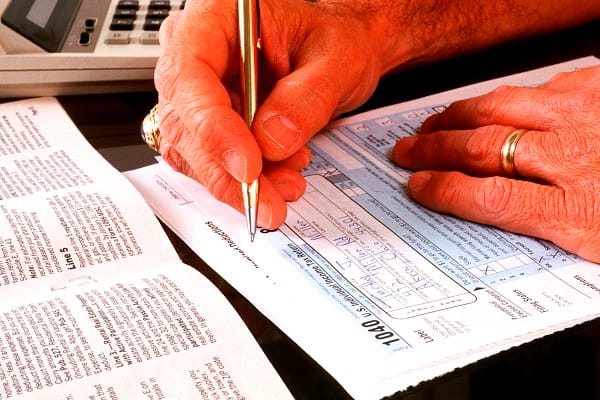Tax is a more contentious issue than ever before. With the media openly naming and shaming fraudulent and tax-evading companies, business leaders need to be prudent.
However, it’s not always easy to understand how taxation and offshore banking works. Some business can inadvertently sign up to tax schemes, while others might become caught up in scandals. Just one recent freedom of information request found that UK residents had at least £850bn in bank accounts overseas, with at least £570bn stored in tax havens.
If you manage a business in the UK, it’s crucial to learn what offshore evasion is and how to respond if you’re accused.
What is offshore tax evasion?
Offshore tax evasion is the act of using a location outside the UK to evade tax deliberately and illegally. Examples might include:
- Moving incomes and assets overseas in an attempt to conceal them from HMRC
- Failing to declare taxable income or gains that arise overseas
- Using complex offshore arrangements to hide assets
The term ‘shell companies’ might frequently be found in discussion of tax evasion. This refers to a business or corporation that only exists on paper, with no employees and no physical premises either. Shell corporations are fraudulently used by high earners to avoid or evade tax.
How does HMRC investigate tax?
Occasionally, HMRC might decide to analyse the finances of your business – to ensure that you’re paying tax correctly, both now and historically. Once investigation begins, you’re legally obliged to cooperate.
If you’re in any doubt over how to respond, you should seek professional legal assistance without delay. However, it’s important to remember that an investigation doesn’t always mean you’ve handled your tax incorrectly.
In any new investigation, businesses receive a letter from HMRC – usually in a brown envelope. The letter will provide details of the investigation, including whether it focuses on one aspect of your tax return or branches out into a wider query on your tax activity.
How should businesses respond to charges?
Business owners should respond openly, proactively, and efficiently to any correspondence from HMRC, including tax investigations.
It’s important to remember that HMRC have access to information about accounts, investments, and trusts based outside of the UK, so you should never try to cover up any past activity.
Is offshore banking illegal?
If approached and undertaken correctly, offshore banking is legal and can even carry certain benefits. For example, certain countries and states treat tax differently, and their increased stability also provides opportunities for international investment.
However, any international financial commitment must be declared to HMRC, even if it’s not subject to tax. As long as you’ve declared all your international income and gains, you have nothing to be concerned about.






Leave a Comment